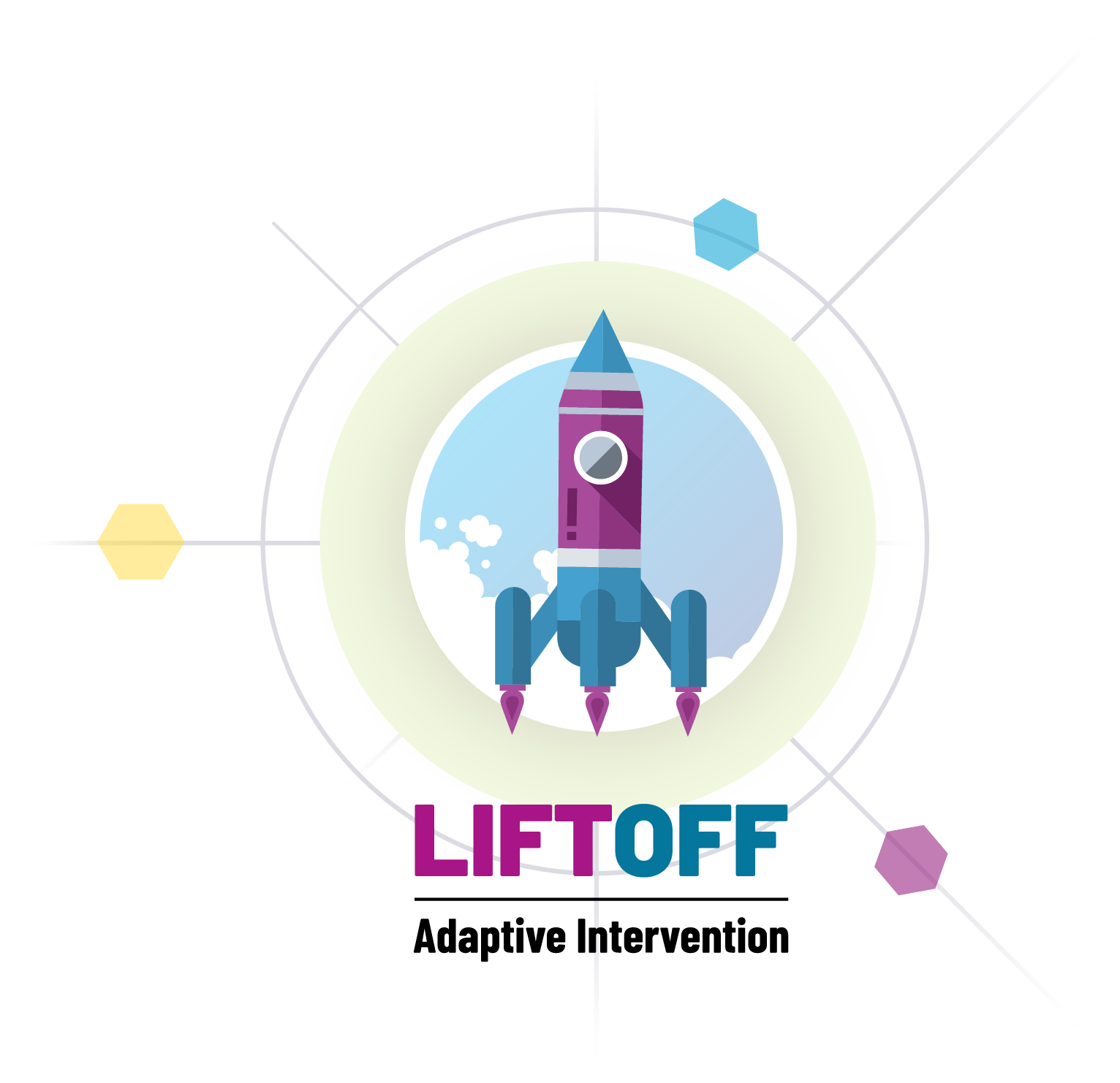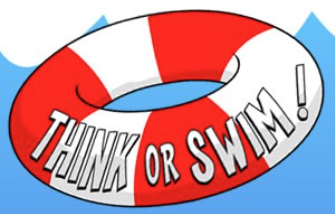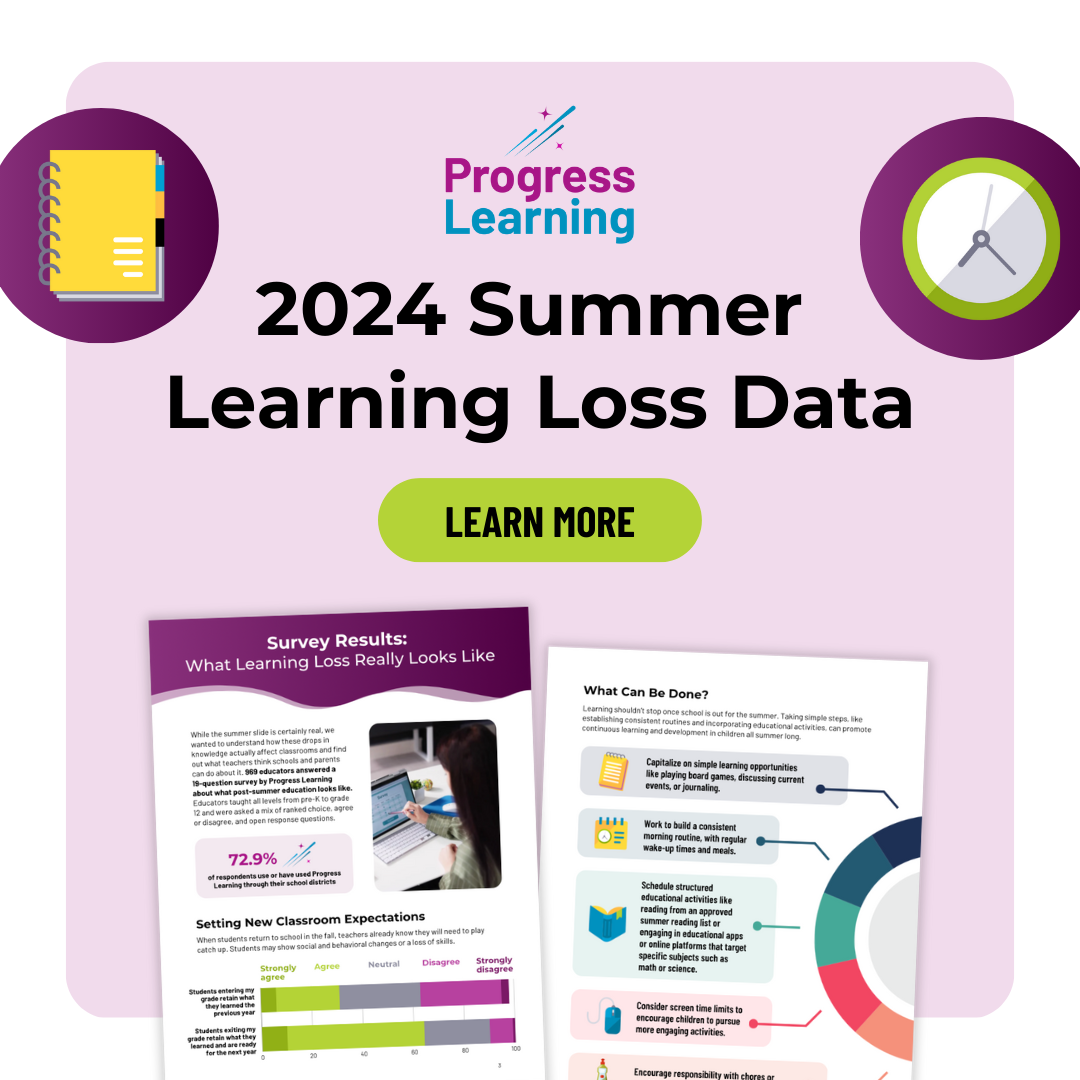How Progress Learning Helped Charles Drew Elementary Grow From 33% to 82% Proficiency
In the past few years, Charles Drew Elementary — a Title I school in Broward County, Florida — has witnessed a remarkable transformation in student proficiency. They’ve grown from 33% to 82% proficiency in science and from 15% to 56% proficiency in reading.
Why so much growth? According to educators at the school, it can be attributed to the implementation of Progress Learning.
We sat down with Ms. Sylvestre, the Science Instructional Coach, and Ms. Lee, the 5th Grade Academic Support and Reading Coach, to hear their thoughts on the program, its impact on their school, and their secrets to success.
Implementing Progress Learning
Prior to the 2021-2022 school year, Drew Elementary relied on traditional school-based materials such as STEMscopes, J & J Boot Camp, and district-provided resources. Ms. Sylvestre first learned about [Progress Learning] through an educator in Leon County, whose school had phenomenal science scores. She spent a year looking at the program before finally getting an account. “I was like, let me just see what the student plan looks like and I really liked it.”
She ended up getting a subscription for her 5th graders for the 2021-2022 school year, and “the students responded extremely well.” At that point, Ms. Sylvestre reached out to her principal. “I was like, we have to get this program. The kids love it. They like it for reading, they like it for math, they like it for science.”
How Drew Elementary Uses Progress Learning
Since Drew Elementary purchased the program, they’ve used every part of it, from assessments and diagnostics to remediation and independent practice. They have weekly, monthly, and quarterly assessments that they easily create in Progress Learning. When it comes to independent practice, it’s used on a daily basis to supplement teacher-led instruction. Students know the drill: they work on their red and yellow lessons and their focus area in their study plan. “By constantly doing their study plan and always going back to their focus area, it helps maintain their retention of that information,” says Ms. Sylvestre.
Speaking about the remediation component, Ms. Sylvestre says, “It’s one of the best remediation tools I’ve ever used, to be honest.” She adds, “When I just go to the standard and I click ‘assign remediation,’ it literally went to those individual students. So that took the weight off of me… where, boom! It went exactly to who needed it. And that went for any standard. I love that about the program.”
She was also impressed that the scores from the Progress Learning diagnostics matched the state tests perfectly. “The first year, we projected 36% [on the diagnostic], we got a 36% on the state test. The second year, we projected 57%, we got a 57% on the state test.”
Student Motivation
A big part of the program that has contributed to the school’s success is the reward system. When students master a standard, they earn three Galaxy Stars, which they can then use to unlock games and avatars in the program. Students responded particularly well to this.
“Our demographic of students are very hard to push, to motivate, and to capture their attention,” says Ms. Sylvestre. But Progress Learning motivated them anyway. “They realized that they had to work a little bit harder to earn those Galaxy Stars to unlock those games.” Students would come up to Ms. Sylvestre in the hall to share their latest achievement, exclaiming, “Hey Ms. Sylvestre, I’m a spaceship engineer!” or “Hey Ms. Sylvestre, I got this many Galaxy Stars!”
She says that Progress Learning is the only program where she doesn’t have to battle her students to get on it. “It wasn’t, ‘Oh I don’t want to do this.’ As they realized they could unlock more games as they got more Galaxy Stars, they wanted to be on it even more and it wasn’t a battle.”
It was the same in reading. Ms. Lee shares, “It honestly caused the kids to become more intrinsically motivated, like they wanted all three stars. If they didn’t get those three stars, they would go back to actually watch the video and complete the assignments that were accompanied with the video.”
One student even continued to use the program months after he had left the school. “That’s how much he liked the program!” says Ms. Sylvestre.
The Results
Before Progress Learning, Drew Elementary had never reached above 33% proficiency in science. By the end of 2021-2022, after using Progress Learning for a few months, the school’s science proficiency had risen to 36%. The next year, they used Progress Learning the whole year and achieved a new record: 57% proficiency. This year, they reached another extraordinary record: 82% proficiency, or 87% proficiency when excluding first-year ELL students. Ms. Sylvestre said that many of the students are struggling readers, “so to be able to get these high science scores, it’s because they knew the content. They absolutely knew the content.”
Ms. Lee shared a similar success story in reading. She initially used district resources like Journeys and iReady but saw significant improvements after switching to Progress Learning. They went from 15% in August 2023 to 56% proficiency by the end of the school year.
“We beat the district and the state,” Ms. Sylvestre proudly states. “We’ve never had that in the history of the school.” Drew Elementary also received an A rating — another first in the school’s history.
It’s important to note that these 5th grade students were in 1st grade when the pandemic happened, so there was a lot of lost learning. The teachers didn’t know if they were going to be able to pull it off, but they did. “We do thank Progress Learning for definitely helping and supporting our students getting these scores,” says Ms. Sylvestre.
The Secret to Success
The educators at Drew Elementary attribute their success to several key factors:
- Implementing to Fidelity: Consistent and intentional use of the program is critical for success. “If you’re using it to fidelity and you’re using it in the way it needs to be used, any school will have success with this program,” advises Ms. Sylvestre.
- Student Engagement: Engagement has been shown to increase student success. Progress Learning excels at this. “The kids do love it, they respond very well to the program and it’s not a challenge to get them on,” says Ms. Sylvestre.
- Alignment with Standards: The program’s alignment with B.E.S.T. was a significant advantage. “We know Florida standards change like crazy, and for the program to actually align with Florida reading standards, that was crazy,” says Ms. Lee.
- Data-Driven Instruction: The educators particularly liked the ability to analyze student performance by standard. “I loved that part of being able to analyze. It helped me and it helped the students themselves know exactly which standard to work on based on that breakdown,” says Ms. Sylvestre.
Ms. Sylvestre added one last thing to our conversation, saying, “I wholeheartedly believe in the program. They get sick of me talking about Progress Learning here at Drew. But the data doesn’t lie, and that’s what it comes down to — the data does not lie.”
We love to hear it! Thank you Drew Elementary for implementing our program in your school. We are so delighted to hear about these results and we can’t wait for even more growth in the coming years.Want to see the same results as Drew Elementary? Request a demo of Progress Learning today!


